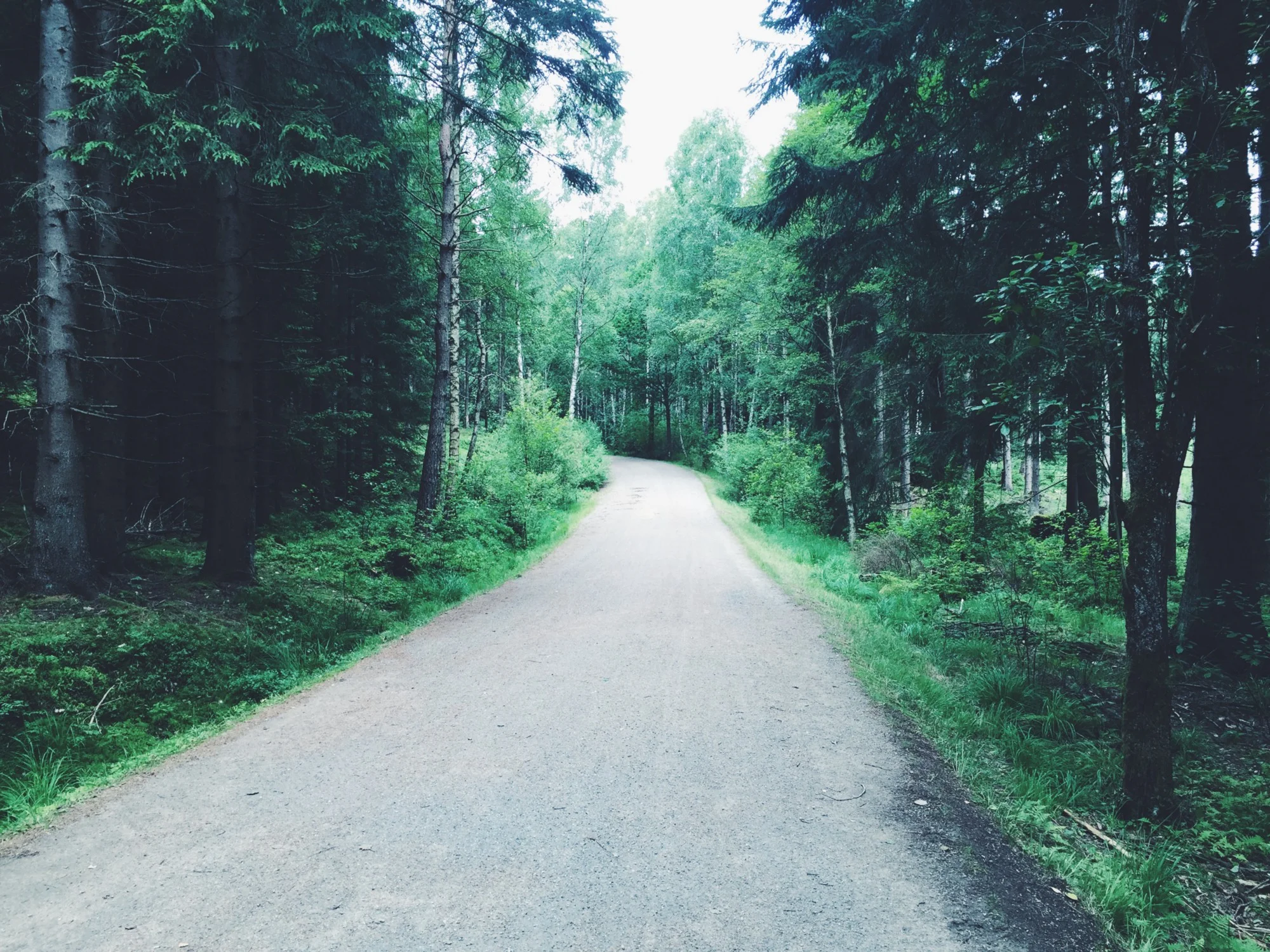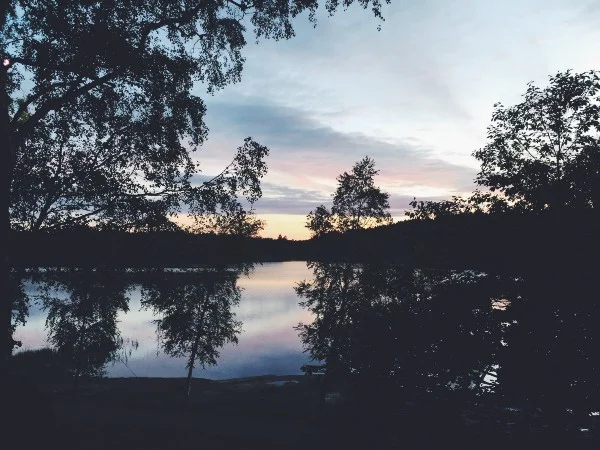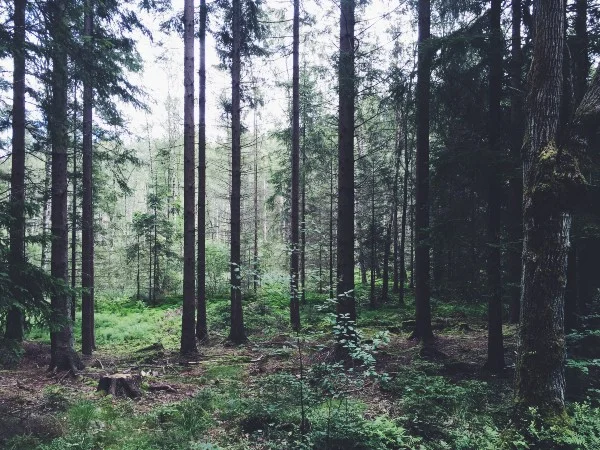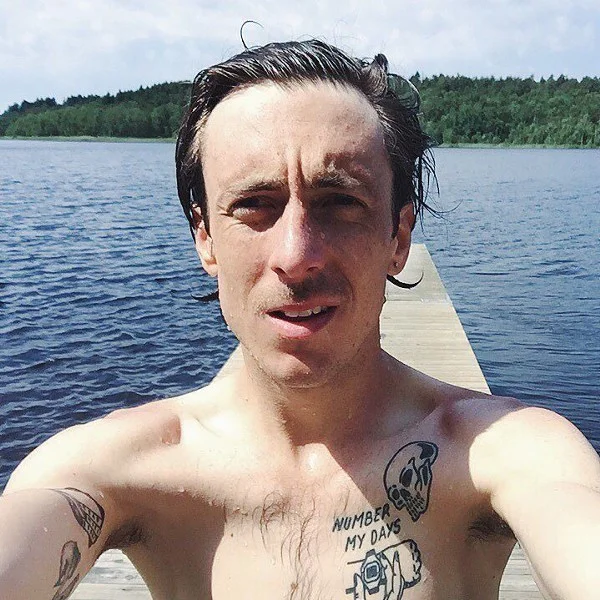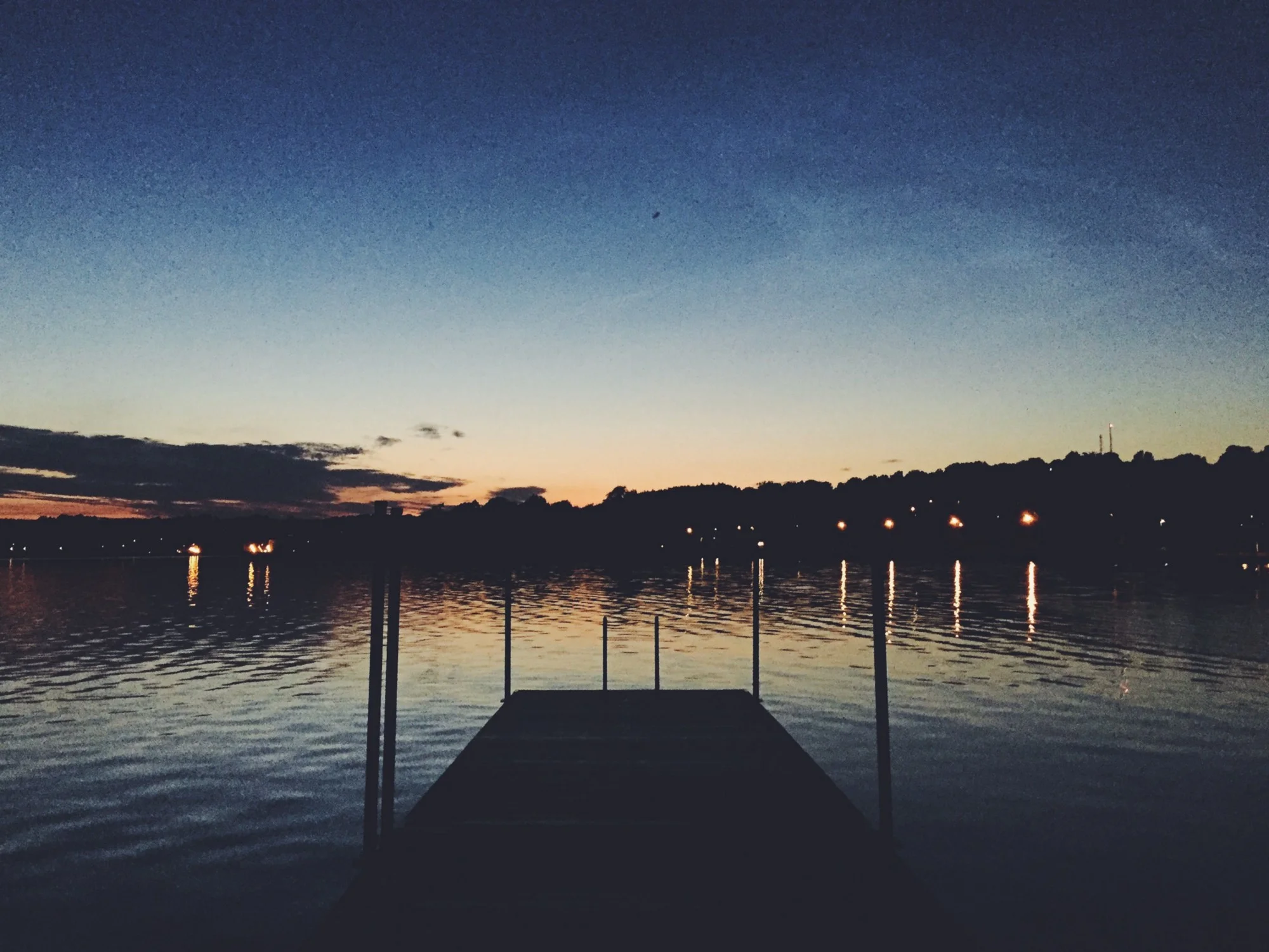Lakes and Trails: Swim-Run Sweden
Skatås
Summer is my favourite time of year to run. Some hate the heat and the additional sweatiness, but after months of training on cold, dark mornings, returning from runs with numb extremities that defrost in the shower as you wince and wait for the pain to pass, I find running in warmer climes is a welcome relief. In northern Europe, the season of salty sweat streaks crystallising on your face after a sunny run is brief — you need to enjoy it while you can.
I’ve trained in the cold before, battling with Berlin’s frosty streets in 2013 in preparation for my first ever marathon. But those conditions paled in comparison to Sweden, where I moved in February this year. At times, as I scoured the internet for cold-weather running gloves that would perform as stated and keep my fingers from going numb, it felt like spring would never come, the ice on the ground would never melt.
https://www.strava.com/activities/661111394
But spring arrived, as it always does, and with it I was gifted a whole world of running delights that more than made up for the inhospitality of the winter months. I moved to a new apartment in the east of the city and found myself, entirely by accident, living next to the largest forest in Gothenburg, Skatås, filled with runners streaming along endless crisscrossing trails. As spring became summer, Skatås turned out to be the gift that kept on giving.
My typical 10km route begins at my apartment, quickly followed by some weaving between commuters hopping on and off trams at Redbergsplatsen. From there, I pass through a sprawling graveyard, which leads to Skatås’s forest trails. Flanked by trees on either side, I push on for another kilometre or so before the path opens out to the sight of Härlanda tjärn, a shimmering lake that marks my halfway point. And it was during an early-June heatwave that I decided, as I reached the head of the loop, to take off my shoes and jump in.
Härlanda tjärn
Sweden has a mild obsession with swim-run. The Gothenburg archipelago plays host to a number of races, the most famous being ÖTILLÖ, which literally translates as ‘island to island’. It’s a gruelling event where teams of two have from dawn until dusk to swim between, and run across, all 26 islands — which amounts to 10km swimming and 65km running. With the sea temperature dipping as low as 10˚C, it’s not for the faint-hearted.
While I’m not quite at the point of undertaking such a challenge, I can certainly see the attraction in a mid-run dopp. Having spent most of my running years in the English countryside, where wild swimming is much harder to come by — unless one wants to dice with death in the River Severn— the presence of a lake on my doorstep, one that permitted me to jump in, is a gift. In his excellent book, Footnotes: How Running Makes Us Human, Vybarr Cregan-Reid writes:
“Running provides us with an opportunity to indulge in a kind of kinetic empathy with the world around us […] [It] changes who you are, and how you see, feel and sense the outside world.”
Running through Skatås
As a runner, you interact with your surroundings in an entirely different way. You witness the flora and fauna changing day by day; you experience the weather not only by sight, but through the smells that fill your nose as you gasp for breath on an uphill sprint, and the feeling of the ground underneath your feet — soft and pliable after rainfall, crisp and responsive after a sun-baked day. And that dialogue with nature runs deeper still when you submerge your whole form into water during a run, becoming at one with the surroundings that you’d previously only regarded from a distance.
Cregan-Reid continues:
“There have been a number of studies which aim to accurately measure the various health benefits to be derived from spending a little time breathing the air of the forest. The neuropsychological effects bring about real changes in our nervous and immune systems.”
Skatås
Far from simply being a pleasant experience, studies suggest that this time in nature truly changes us, makes us healthier. Which is why I find it all the more saddening when, passing the local gym between my apartment and the lake, I run past a line of people uniformly pounding on treadmills that look out on the street, headphones keeping reality at bay. As a recent New Yorker piece on the proliferation of headphones states, “The outside world, once a shared auditory environment, has been effectively fractured. We now lilt about in our own bubbles of self-programmed sound.” It’s a far cry from a headphones-free run in the forest, where one is treated to birdsong and the simple pleasure of hearing feet crunching on earth.
Cregan-Reid quips that “Gym users seem oddly infantilised as they suck on the teats of their water bottles.” Harsh, perhaps, but I find it mind-boggling that people would choose to run on a machine that was invented as a torture device for prisoners in the 1800s — paying a premium to do so — when their neighbourhood offers the chance to run and swim in stunning surroundings that are seldom available in most cities. I feel like bursting through the doors, grabbing them by the hand, and leading them to the trails like some kind of running-crazed Pied Piper.
It’s early June. My debut dive into the lake is a shock to the system but I’m surprised by how warm the water is. One perk of swimming in a lake over the sea is that there’s far less water for the sun to warm, so the temperature is mild even on grey days. I swim out — some light breast stroke to start, then a good minute of front crawl to take me to the centre of the lake. As I lift my head out from under the water and flip on to my back, kicking gently to keep myself afloat, I look up to see I’m surrounded by forest on all sides, with nothing but blue skies and the occasional wispy cloud overhead. Water fills my ears, deadening my senses. I drink in the sights and let the water soothe my aching legs.
Over the past few weeks, the temperature has plummeted and it’s been raining in Gothenburg. Some are saying it’s the end of Summer, but it’s only early August and I know that there’s plenty still to come. As soon as the clouds part and the sunlight breaks through, you’ll find me in the lake.
Swim-run season is far from over.
